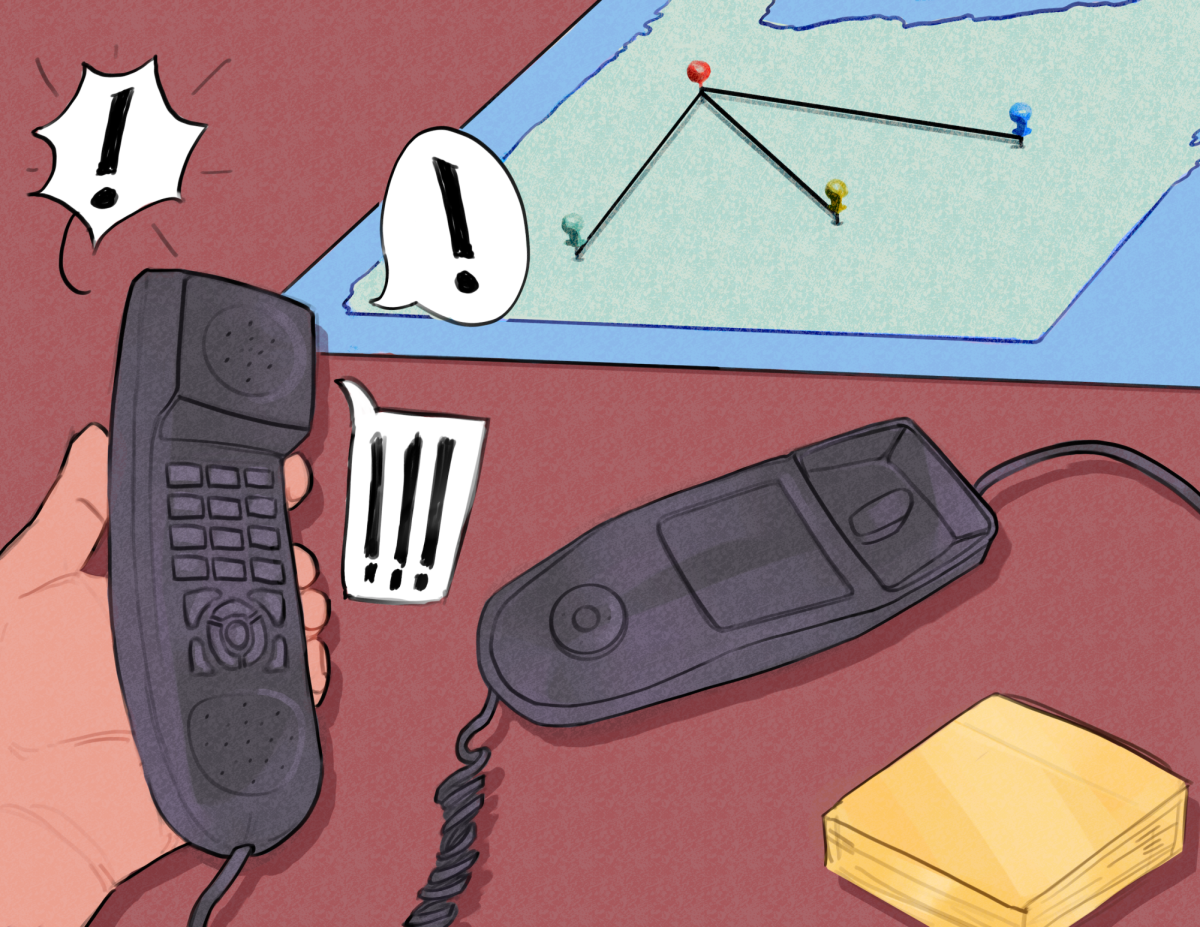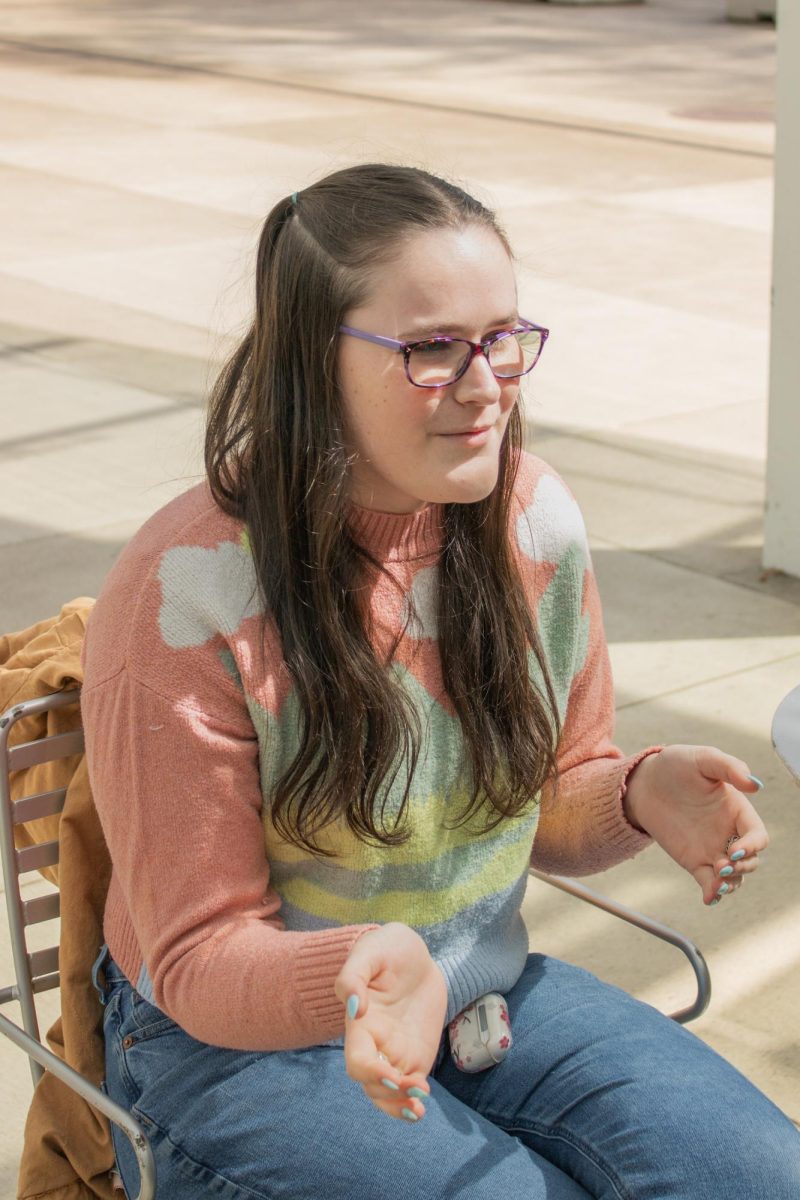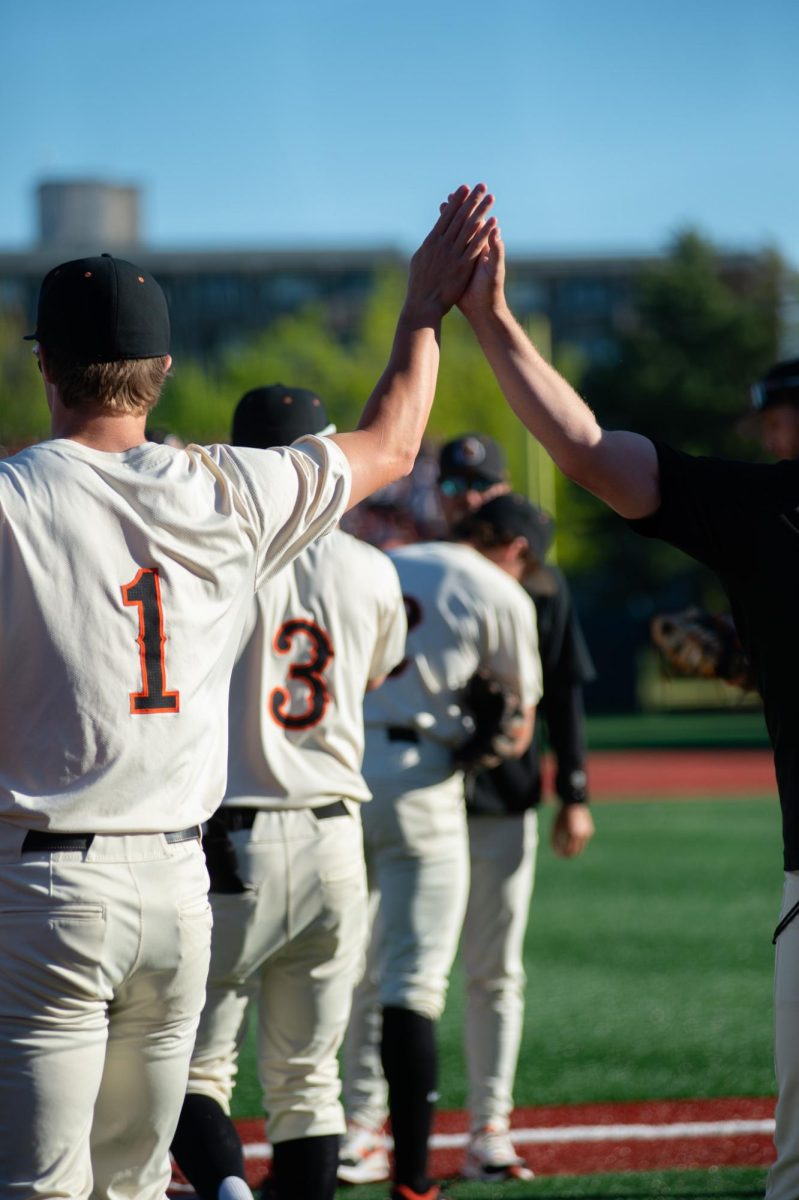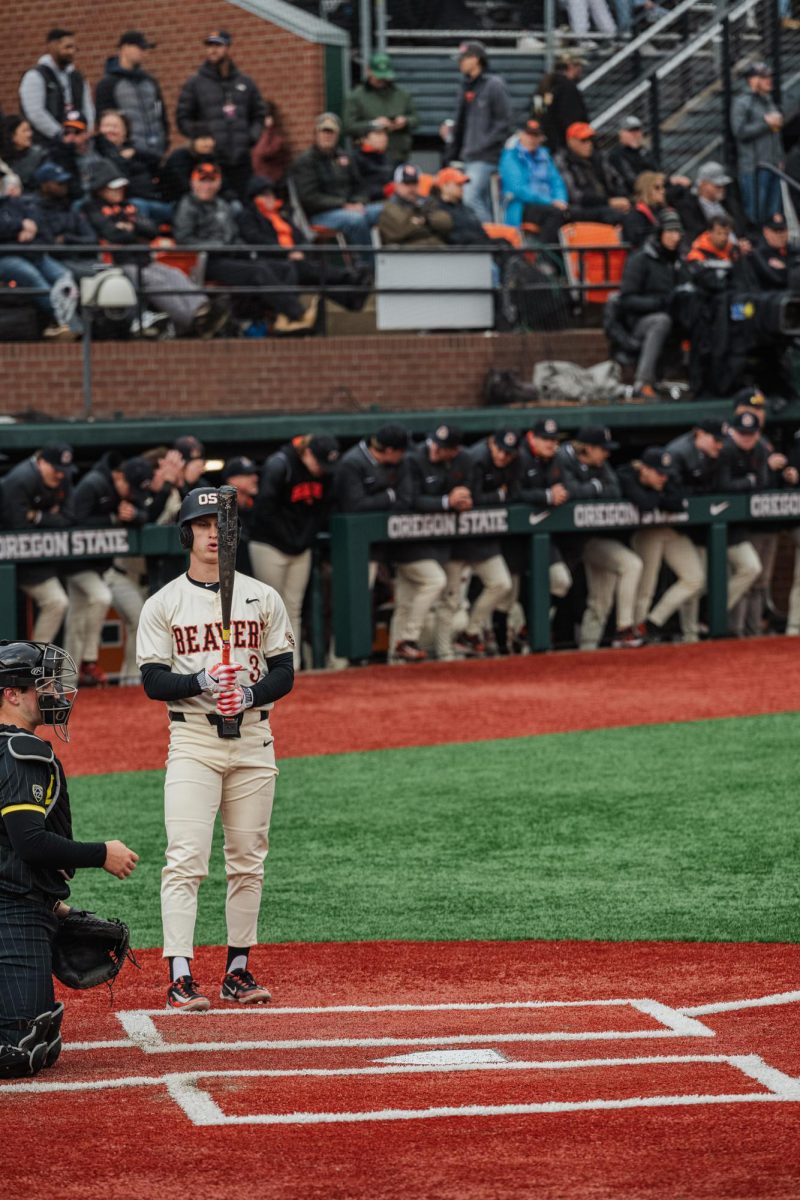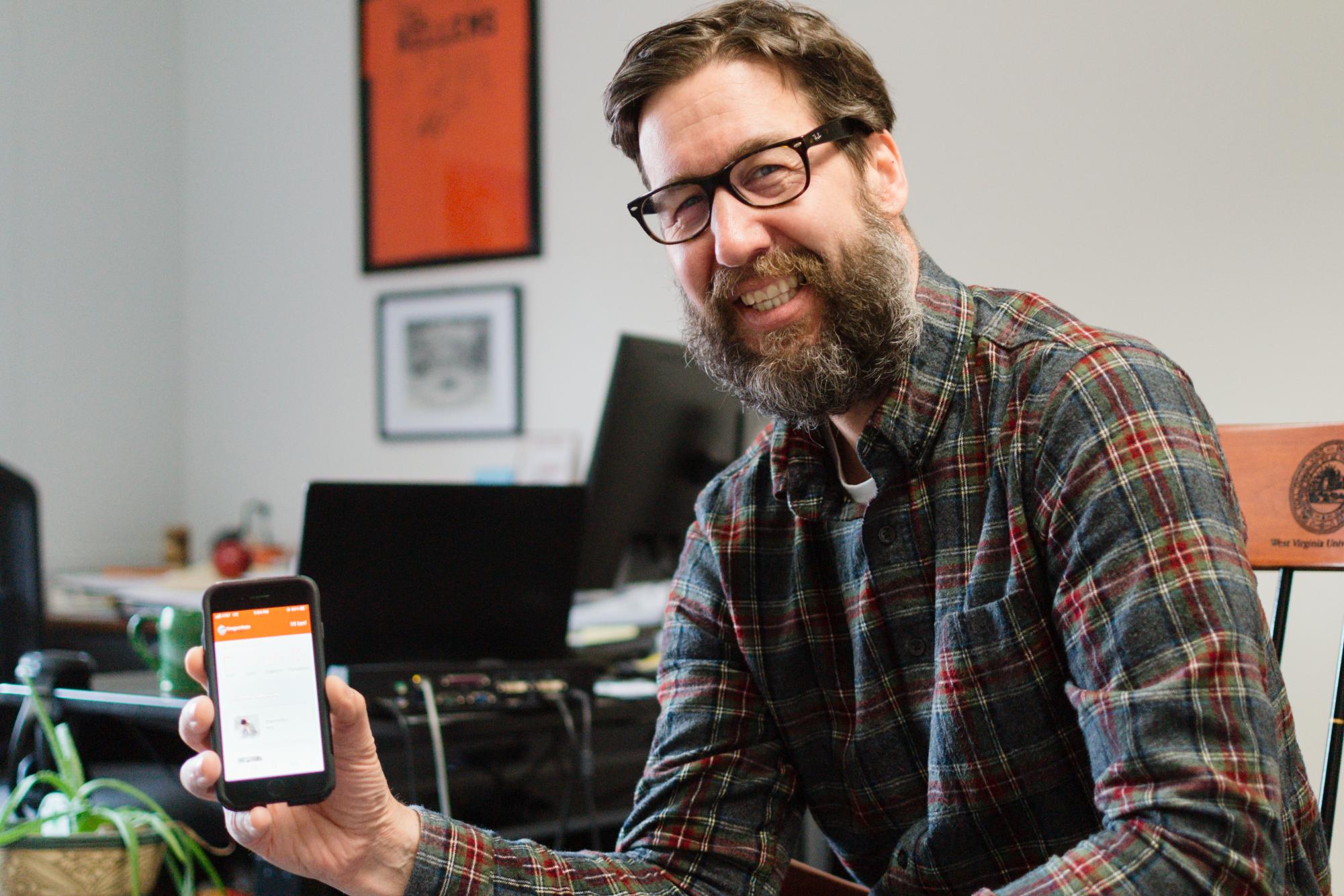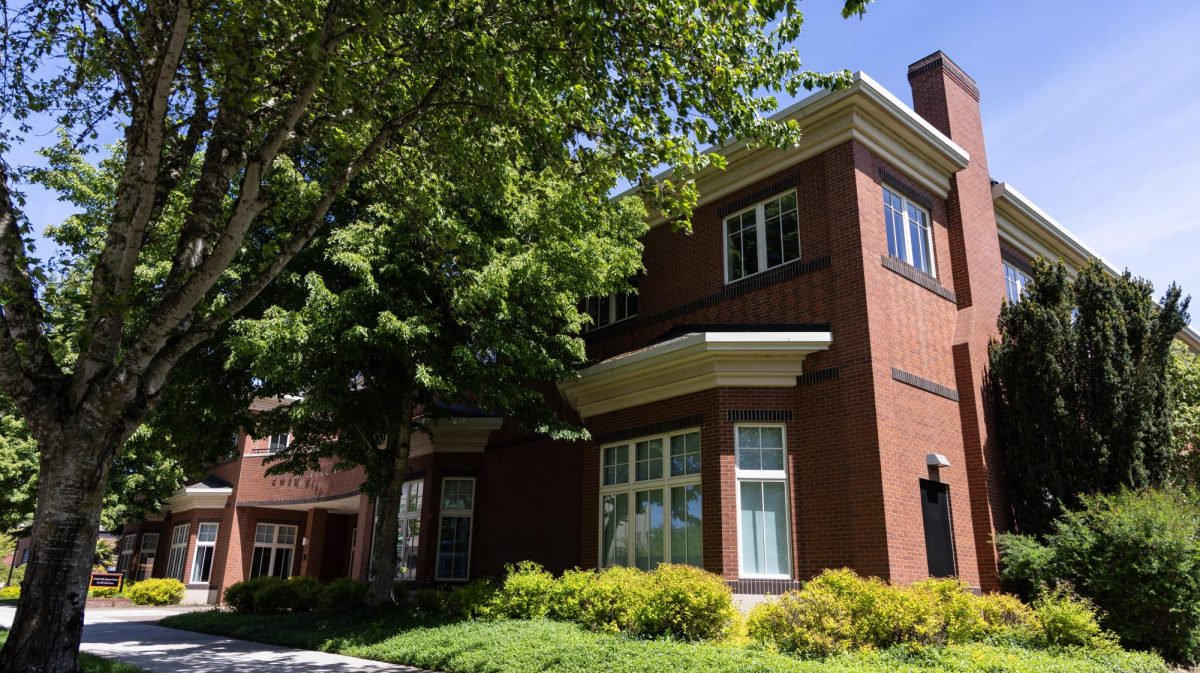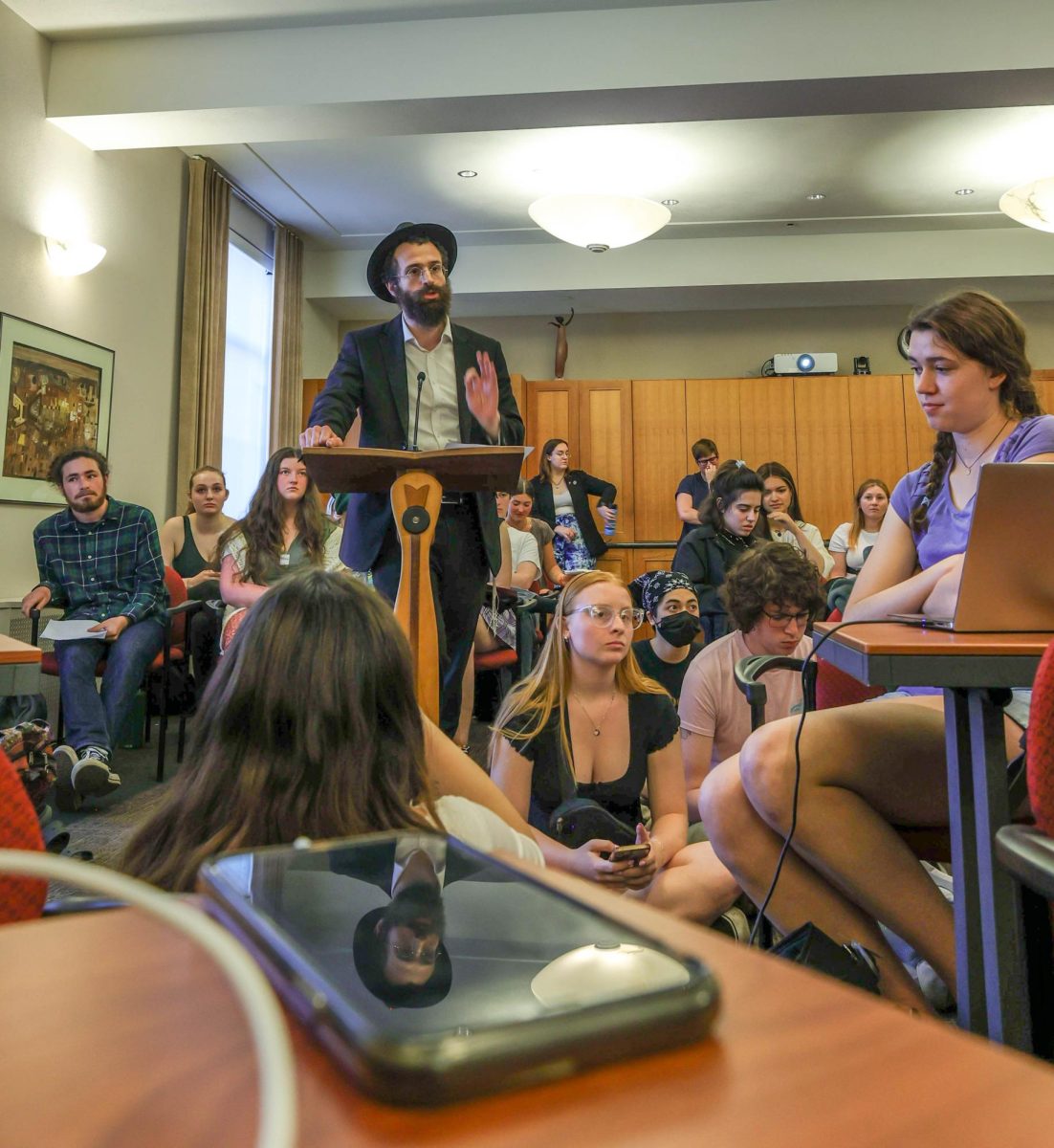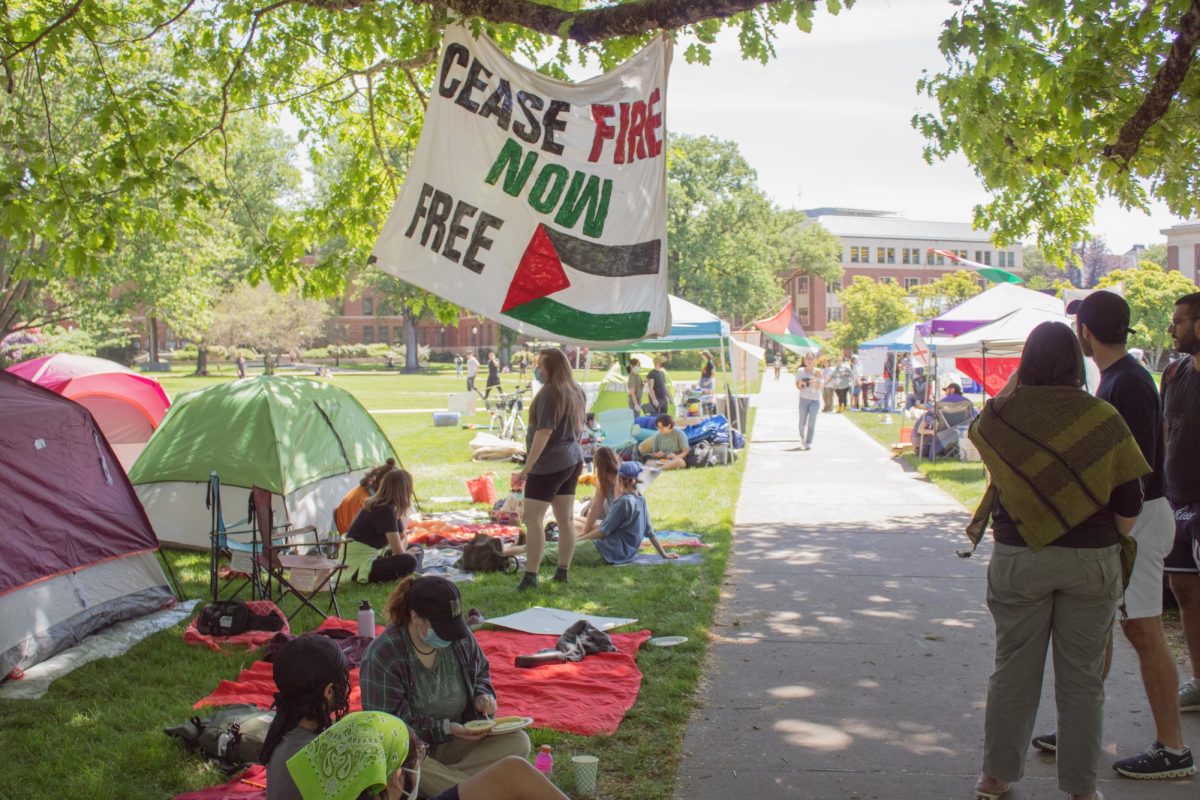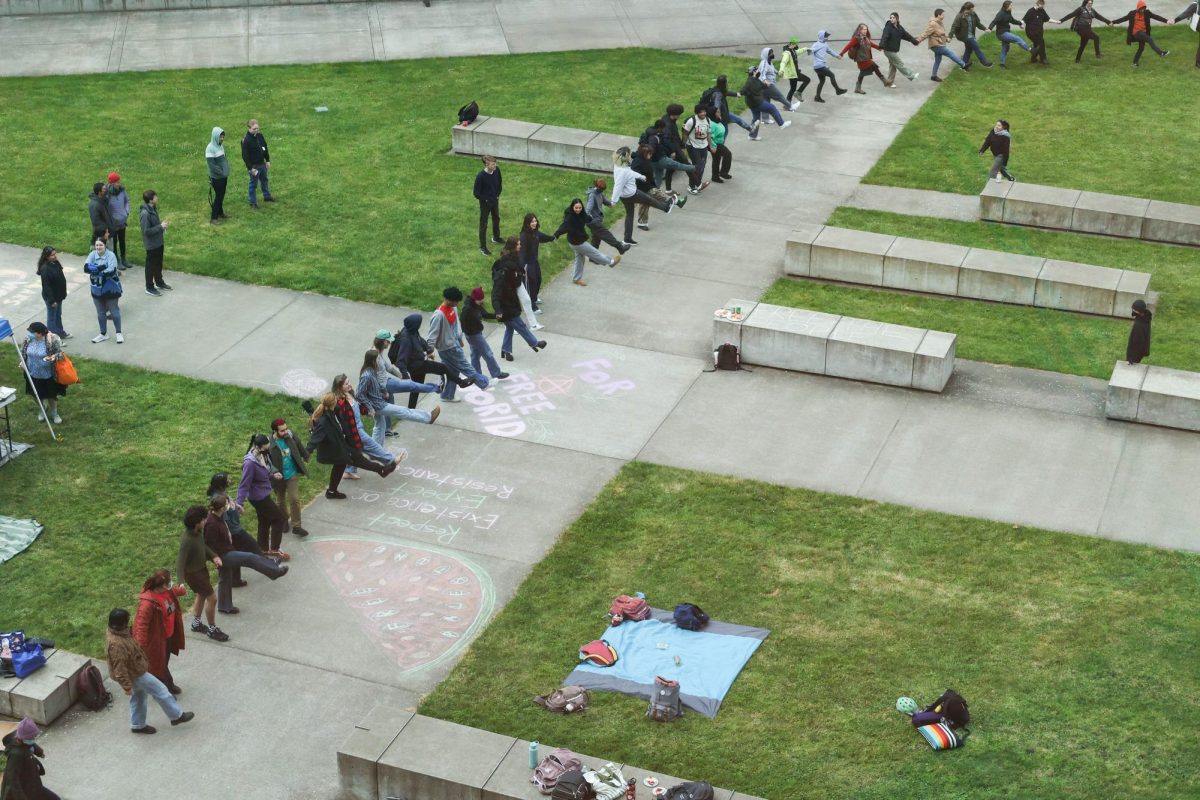You are dragging your feet across the doorway as you enter your home. Classes are finally over for the day. The stress and wear of classes, of working, of living, has you zombified.
Plopping yourself on the couch, you close your eyes and start to sink into it, enmeshed in its warmth and comfort.
Then your phone rings. For students, the stress never ends.
Across the United States headlines can be seen decrying a mental health crisis at universities. The National Education Association says that anxiety and depression are at all-time highs on campuses.
What about Oregon State University?
Ian Kellems, executive director of Oregon State’s Counseling and Psychological Services, provided statistics about the state of mental health at OSU.
Kellems stated that 10% of the OSU population made use of CAPS’ clinical services in the 2022-2023 academic year. This exceeds the national average of 9.1% for universities of similar size.
When students make use of these counseling resources, it is most often for concerns related to anxiety. The second most frequent reason students go to CAPS is depression.
“Fifty-eight percent of OSU students report having experienced three or more days of academic impairment in the past month due to emotional or mental difficulties,” Kellems said, giving an indication of the state of mental health of the OSU student populace.
More than one-half of all students at OSU have reported that they cannot function to their full potential due to difficulties with mental health. It is to address problems such as this that CAPS exists.
As for the effectiveness of these counseling programs, the story might best be told in terms of the number of sessions that clients are attending at CAPS.
“The average number of individual counseling sessions a student receives at CAPS is four, which is just below the national average of 4.89. CAPS focuses on providing students with brief solution-focused therapy, thereby allowing us to serve more students,” Kellems said.
CAPS offers multiple forms of counseling for students including single sessions, the Anytime Anywhere app, the Mindspa, group therapy, short-term individual therapy or help getting connected with an off-campus therapist for longer term therapy.
Kellems said that the Anytime Anywhere app, which allows students to talk to counselors 24/7/365, was used 896 times in the previous school year.
As for the future at CAPS, Kellems said that the developing program he finds most promising was suggested by students.
“We’ve been hearing for the past few years, even before the pandemic, about students wanting some kind of peer support program, where students can help students. So we’re developing a peer support program now, which we’re really excited about,” Kellems said.
While this program does not have a timeline, interested students can contact CAPS for more information as well as inquire about which counseling services might be helpful in their life.
With the rate of mental health counseling among the OSU student population being so similar to the national average, OSU seems to be a microcosm of mental health at U.S. universities. The two most frequent reasons for students to attend counseling at OSU are identical to the national trend. How similar OSU is to the broader student population will likely be monitored by CAPS over the ensuing years, as will differences.
OSU students who are facing mental health concerns are strongly encouraged to seek help and call 541-737-2131, which allows students to speak with a mental health counselor.
Back on the couch, you let the phone ring and it goes to voicemail. The call was a reminder about your counseling appointment tomorrow. Glad to be reminded, you continue to let the couch pull you into its grasp like quicksand, a little less stressed.








